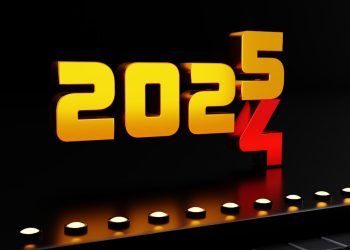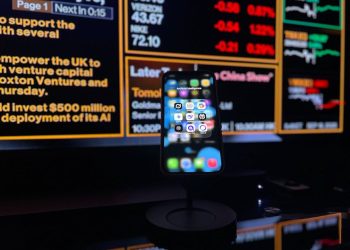No products in the cart.
The AI Academic Challenge: Are Human Professors at Risk?
AI is transforming higher education. Explore whether human professors will complement or compete with AI-driven education.
Cambridge, UK — The ancient halls of Cambridge University echo with debate. A new player is entering the lecture hall: artificial intelligence. As AI technologies advance, the question looms large: will they complement or compete with the traditional role of university professors?
The rise of AI in education isn’t just about robots taking over lectures. It’s a nuanced conversation about collaboration and competition. A recent study from the University of Pennsylvania found that while AI can assist in grading and providing personalized learning experiences, it lacks the emotional intelligence and mentorship that human professors offer [1].
In a world where knowledge is just a click away, the role of educators is evolving. Think of it as a dance. The rhythm has changed, but human professors still lead, guiding students through complex concepts with empathy and understanding. AI can analyze vast datasets and offer insights, but can it truly inspire? Can it connect with students on a personal level, understanding their fears, aspirations, and individual learning styles?
Many educators feel a sense of unease as they watch AI tools proliferate. “I’m not worried about being replaced,” says Dr. Sarah Thompson, a sociology professor at the University of California, Berkeley. “What concerns me is the potential loss of the human touch in education. We’re not just teaching facts; we’re shaping critical thinkers.”
Indeed, the landscape is shifting. On one side, proponents of AI highlight its ability to customize learning experiences, making education more accessible. Tools like Coursera and edX leverage AI to recommend courses tailored to individual interests and career goals. These platforms, often used by younger generations, offer flexibility and affordability, essential factors in today’s job market.
On one side, proponents of AI highlight its ability to customize learning experiences, making education more accessible.
But the question remains: is this a better alternative to traditional education? Some experts argue that while AI can deliver personalized learning paths, it lacks the depth of knowledge and context that human educators provide. “AI can’t tell a student when to pivot their project based on current events or personal interests,” says Dr. Mark R. Jones, a leading expert in educational technology at Stanford University [2].
As we navigate this new educational terrain, it’s important to consider the broader implications of AI in academia. The digital divide is a significant concern. Not every student has equal access to technology, and relying on AI could widen these gaps. Universities must address these disparities to ensure that all students benefit from the advancements in educational technology.
Moreover, there’s the ethical dilemma of data privacy. AI systems often require vast amounts of data to function effectively. How do we safeguard student information while utilizing AI’s potential? Institutions must tread carefully, balancing innovation with responsibility. The stakes are high; the future of education is at risk.
In response to these challenges, many universities are adopting hybrid models that blend AI with traditional teaching methods. At Georgia Tech, for instance, the “AI Teaching Assistant” program supports professors by handling administrative tasks and providing students with immediate feedback. This partnership frees educators to focus on what they do best: mentoring and engaging with their students on a personal level.
Yet, not all institutions have embraced this collaboration. Some educators resist integrating AI into their classrooms, fearing it undermines their authority or diminishes the learning experience. “It’s about finding the right balance,” Dr. Thompson explains. “AI should be a tool that enhances our teaching, not a crutch that replaces it.”
The stakes are high; the future of education is at risk.
The crux of the matter lies in the evolving definition of a professor’s role. No longer just a dispenser of knowledge, today’s educators are becoming facilitators of learning experiences, guiding students through a complex world. They are the ones who can interpret AI-generated data, infusing it with context and real-world applications.
As we look ahead, the integration of AI into higher education is inevitable. However, the future does not have to be a battle between human and machine. Instead, it can be a collaboration that enhances the learning experience for all students. Universities must prioritize training their faculty to work alongside AI, ensuring that educators remain at the forefront of student development.
The key to success lies in adaptability. Educators who embrace change and leverage AI as a supplemental resource will not only survive but thrive in this new academic landscape. In doing so, they can transform their classrooms into dynamic environments that foster creativity, critical thinking, and collaboration.
Ultimately, the question isn’t whether AI will replace professors; it’s how it will reshape the educational experience. As we move forward, let’s focus on building a future where technology and humanity coexist, enhancing education rather than diminishing it.












